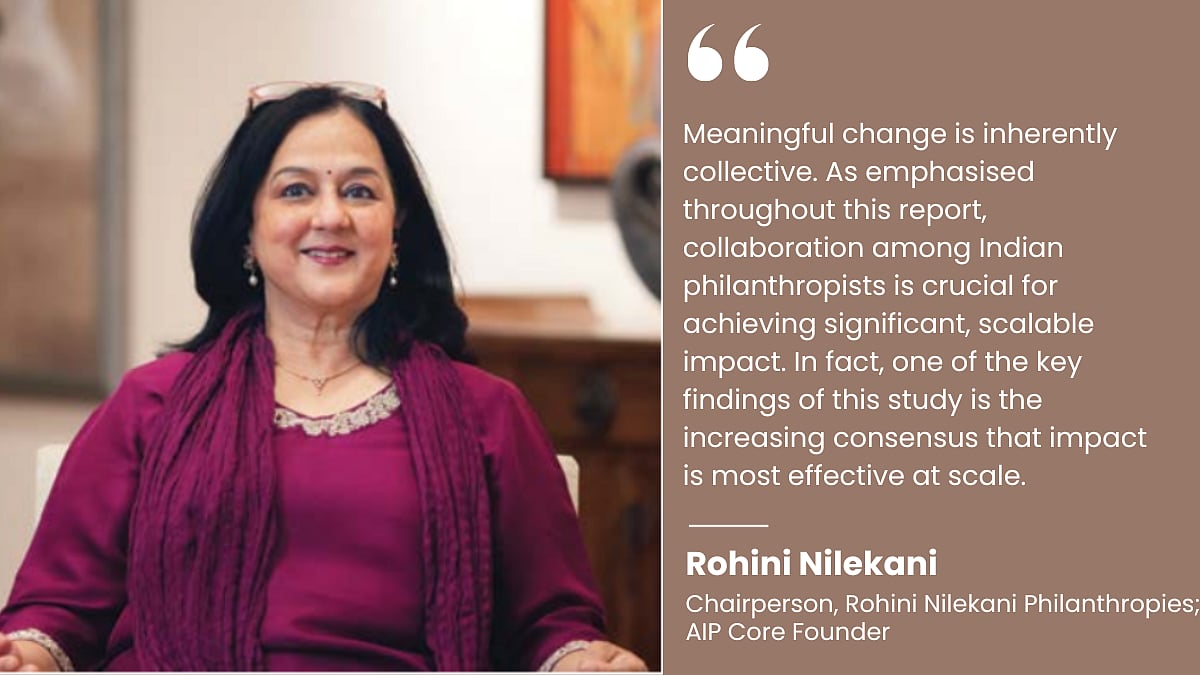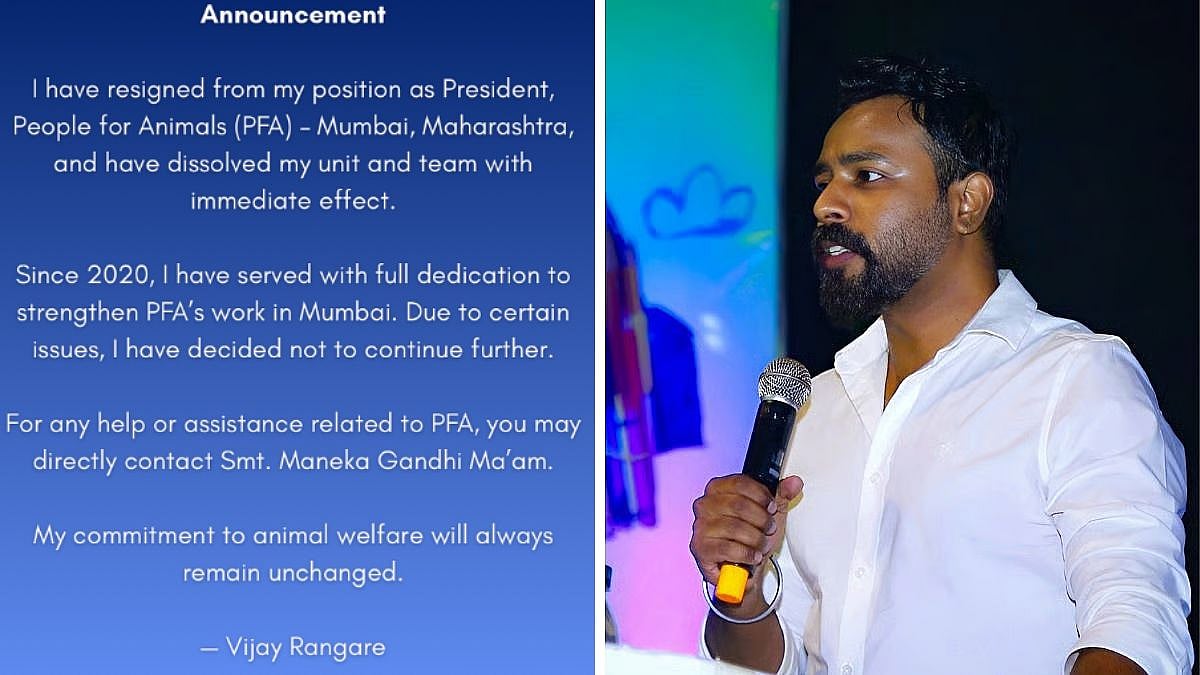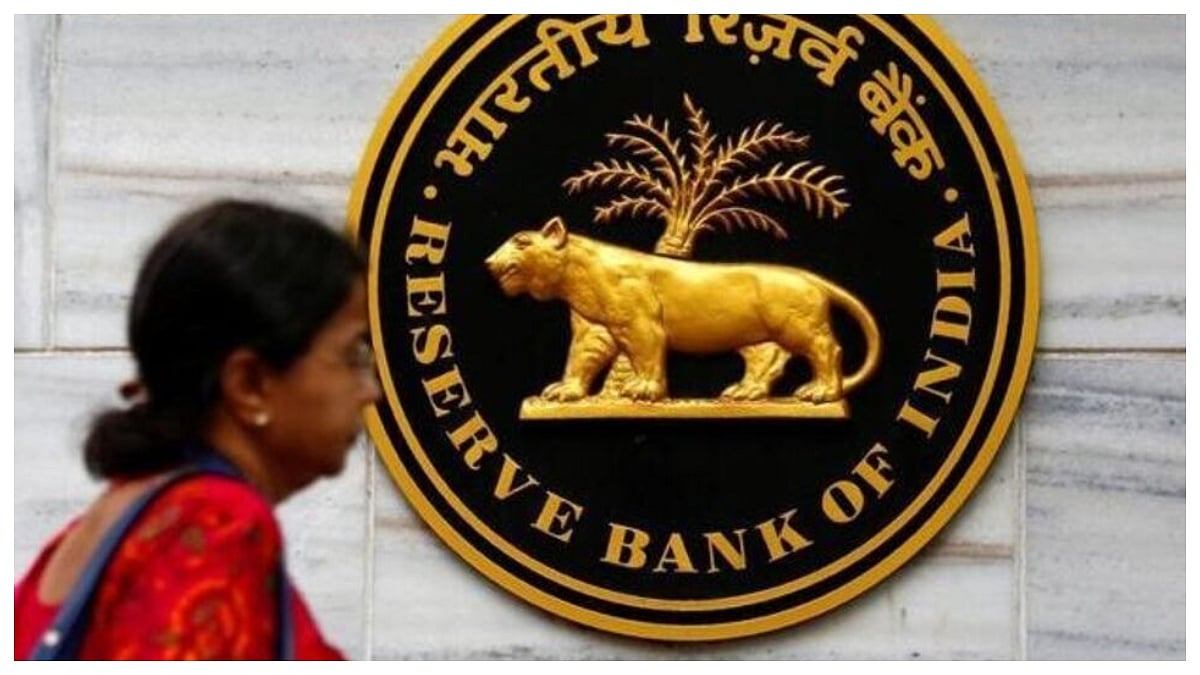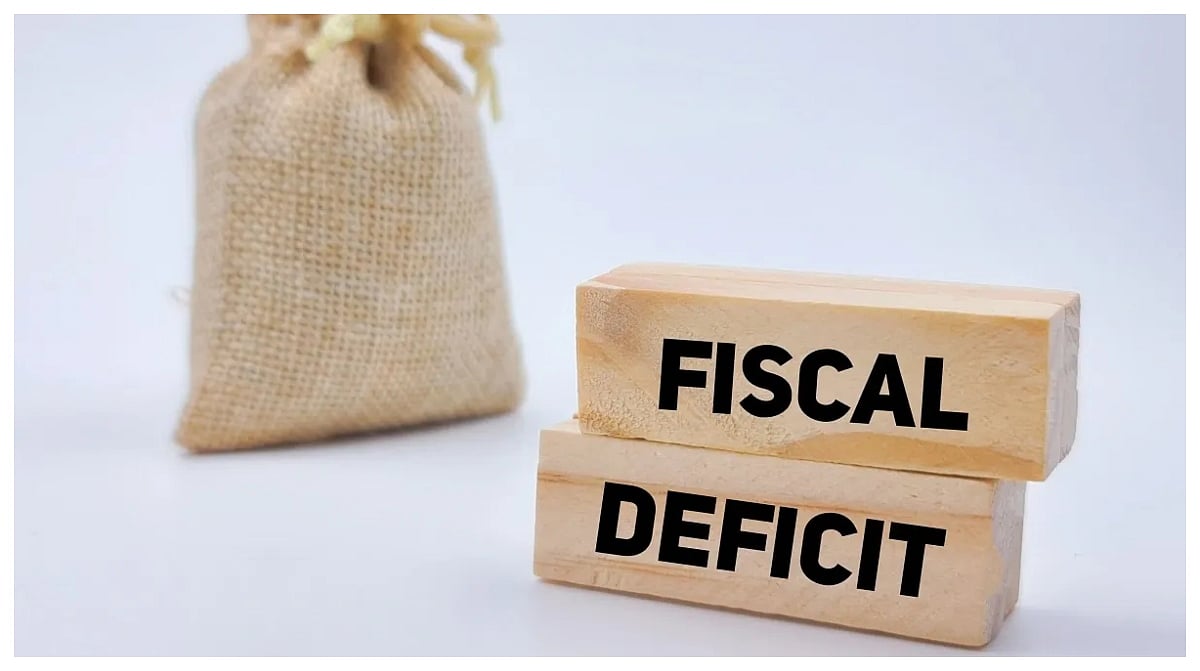Mumbai: The evolution of Indian philanthropy, where ultra-high-net-worth individuals (UHNIs) are increasingly adopting a strategic problem-solving approach to tackle persistent social challenges, presents the opportunity for significant deepening of impact through philanthropic initiatives, a new report by Accelerate India Philanthropy (AIP) and Boston Consulting Group (BCG) has found.
If India's UHNIs channel only 5% of their annual incremental wealth into philanthropy, this could unleash an estimated Rs 75,500 crore annually. This amount is approximately five times the total corporate social responsibility expenditure by Indian corporations in FY2023.
.png)
To put it in perspective, Rs 75,500 crore is nearly three times the Government of India’s 2023 budget allocation for Women and Child Development, or almost 1.1 times the allocation for school education. It is equivalent to 99% of the Pradhan Mantri Awas Yojana funds for achieving the Housing For All mission or 85% of the annual allocation for healthcare.
The report, based on a survey of 100 UHNIs, revealed that a staggering 90 percent of respondents, especially those with a net worth exceeding Rs 500 crore, were keen to expand their philanthropic efforts. More notably, those with a net worth of over Rs 2,000 crore were already engaged in or are keen on strategic philanthropy, with a keen focus on enabling lasting change.
.png)
The study was conducted on a selective sample of 100 UHNIs, drawn from a representative strata of wealth, with a focus on individuals with a net worth of ₹200 crore to ₹2,000-plus crore.
The report said that growing desire to give among an increasing number of UHNIs, combined with the Knight Frank 2024 Wealth Report projection of a 50% growth in the number of UHNIs in India by 2028, the highest for any country, indicates that India can unlock substantial additional capital through even modest increases in philanthropic allocations.
The number of UHNIs in India is expected to rise from 13,263 in 2023 to nearly 20,000 in 2028.

Additionally, many first-generation Indian diaspora citizens are accumulating substantial wealth, and a first generation of inheritors is emerging, the report said. This trend is not confined to metropolitan areas. According to the Hurun Rich List 2023, smaller cities such as Vadodara, Nagpur and Udaipur are witnessing residents joining the UHNI group. “Consequently, anywhere between Rs 75,000 crore and Rs 1.5 lakh crore in philanthropic capital can be unlocked in philanthropy spending,” the report said.
Younger wealth-creators are also changing the way they conduct their philanthropy, recalibrating their expectations and focusing on achieving impact at scale. The study categorised philanthropists into five groups:
1. Inspiration Seekers: Individuals with a net worth of approximately Rs 500 crore or under, yet to embark on their philanthropic journey. They are either waiting for the right moment or are unconvinced about the impact of philanthropy.
2. Emerging Givers: Individuals who have started their philanthropic journey, with 53% reporting a net worth of over Rs 500 crore, and 35% being first-generation entrepreneurs showing an early inclination towards philanthropy.
3. Strategic Enablers: Individuals deeply invested in philanthropy through personal involvement, contributing not just their wealth, but also their time, talent, and networks.
4. Cause Champions: Individuals devoted to specific causes, with 42% having a net worth of over Rs 2,000 crore, indicating a preferred philanthropic approach for many UHNIs.
5. Core Givers: Experienced philanthropists supporting a range of causes with established programs, with nearly 70% having a net worth of more than Rs 500 crore.

A survey of 100 ultra wealthy Indians by Accelerate Indian Philanthropy & BCG found them very keen to take up impactful philanthropy. Many are self-made professionals emerging as big donors. |


A survey of 100 ultra wealthy Indians by Accelerate Indian Philanthropy & BCG found them very keen to take up impactful philanthropy. Two thirds of them enjoy self-made success, and are emerging as big donors. |

Over half of India's ultra-wealthy donors contribute to three or more causes, and want to see impact in these areas. |
Every third respondent in the study is under the age of 50
40 per cent of respondents who are working at a systemic level are under the age of 40
73 out of 100 respondents highlighted education as a key cause to support
50 out of 100 highlighted healthcare as a key cause to support
26 out of 100 highlighted environment, sustainability and climate change as a key cause
Only 5 out of 100 highlighted social justice & human rights as a cause they support
Only 5 out of 100 highlighted agriculture & food security as a cause they support
Almost 60 percent of the survey respondents were Rainmakers and Core Givers. “This new generation of givers also believes in starting early, with 80% of respondents emphasising early philanthropy. Additionally, 84% prefer to support a wide range of causes, with more than 50% contributing to three or more causes,” the report said.
Another discernible trend is that philanthropists no longer want to merely write cheques. Instead, they want to be deeply involved in the causes and organisations they support, working collaboratively to address problems.
With the highest GDP growth rate in the world, India is positioned to spring from fifth to third among the world’s top economies in the near future. On the contrary, India ranked 112 out of 162 countries in terms of the Sustainable Development Goals (SDG) Index. Despite the big strides in fighting poverty and ensuring responsible consumption and production, there are significant challenges in achieving Zero Hunger and Sustainable Climate Action.
According to NITI Aayog’s Voluntary National Review of 2020, India will need an additional annual spending of 6.2 percentage points of GDP until 2030 to achieve all the Sustainable Development Goals, an additional investment of Rs 219.4 lakh crore by 2030.
The government’s social expenditure, no doubt, will do the heavy lifting to bridge this gap, but philanthropic capital has a unique opportunity to play a catalytic role, and India's UHNIs have the power and potential to make a deep impact through strategic philanthropy, thoughtful and engaged giving.







